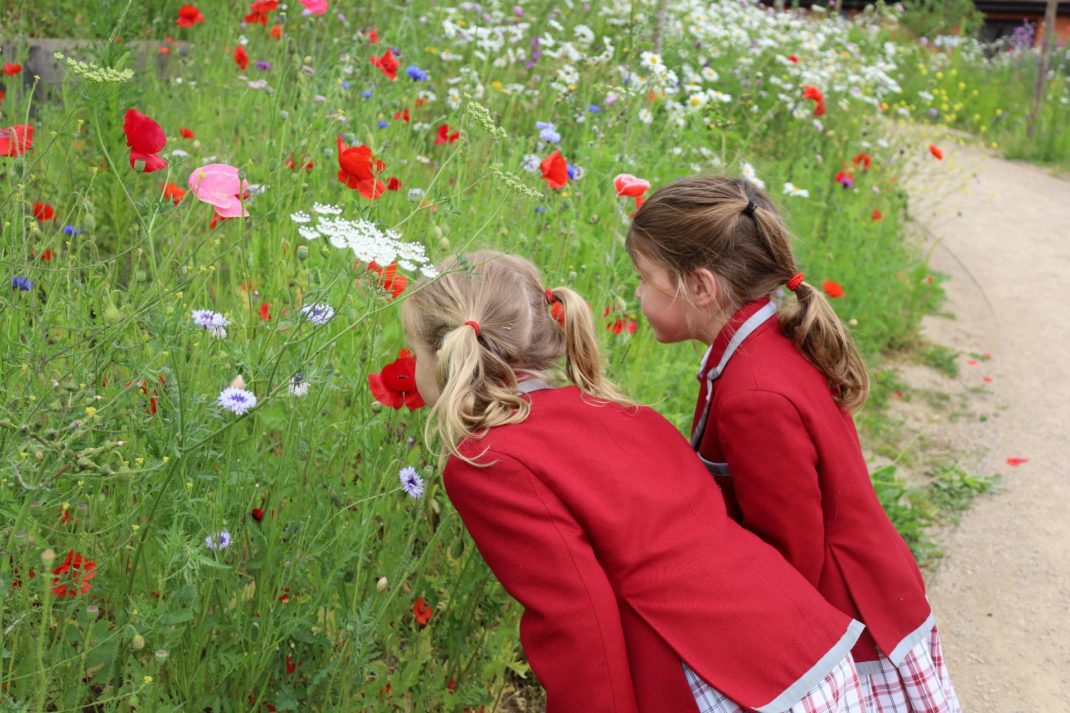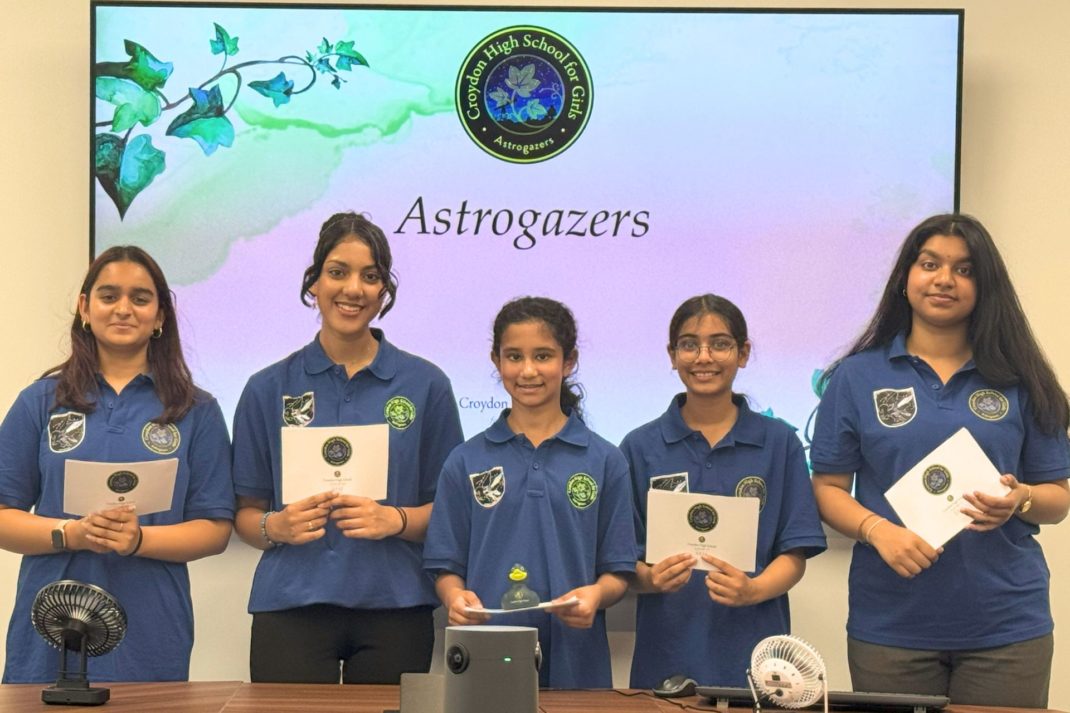Let’s Use World Book Day to Inspire a Love of Reading
By
2 years ago
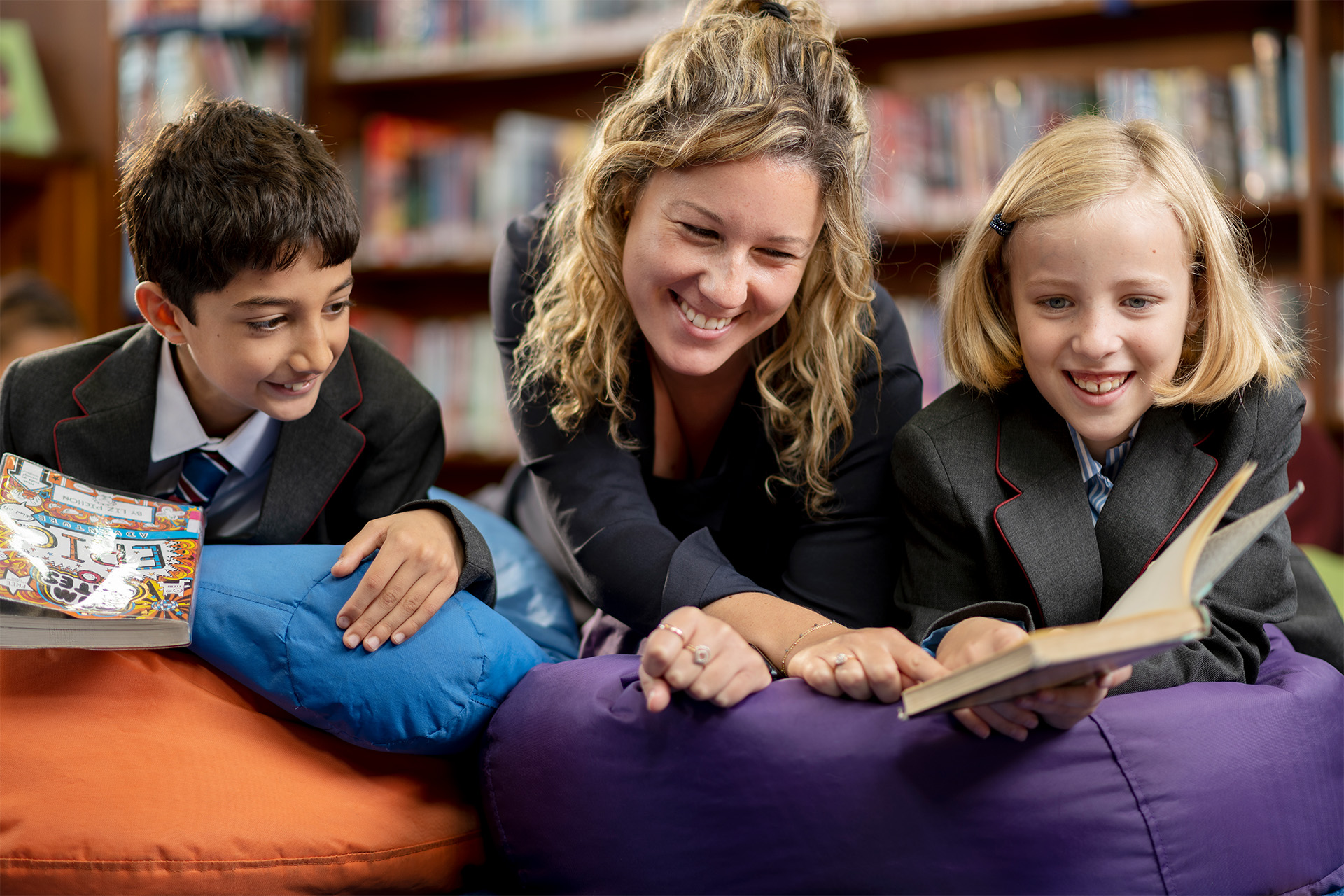
Laura Whitwood, Head of Junior School at St Dunstan’s College, says we should use World Book Day to inspire a lifelong love of reading.
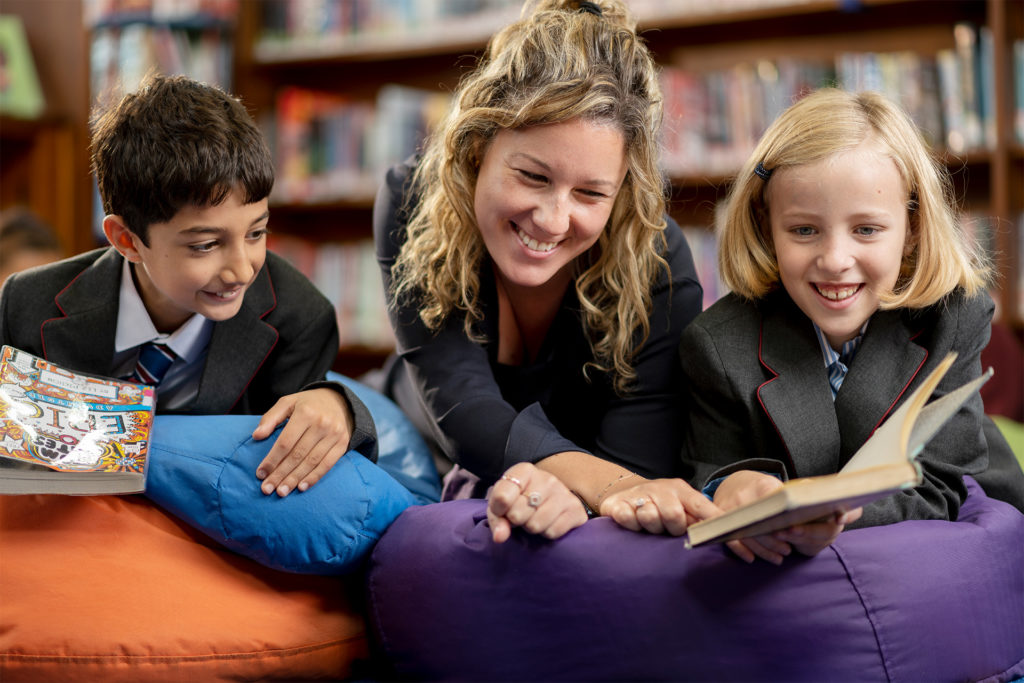
With World Book Day fast approaching on 2 March 2023, you may see junior school children across the country making their journey to school in weird and wonderful outfits, books in hand, to celebrate their favourite stories with their teachers and friends. But in a society where sustainability and environmental consciousness are rightly at the forefront of the minds of young people today, is dressing up what it is all about?
This year, the charity is understandably focused on a desire to inspire a life-long passion for reading for pleasure. Whether you are five years of age or 50, learning to read is a gift given to children in schools that enriches the lives of any young person or adult, whatever passions, interests or careers they may pursue in later life. Pausing to celebrate this gift is just as important now as it ever was. While schools evolve and develop different curriculum models over the years, the need to learn to read is cemented as a fundamental skill that will never be out of fashion educationally, and rightly so, but why is reading for pleasure such a necessary focus in modern education and how can we inspire this in children today?
There is no doubt that family life has become busier and the need to juggle multiple commitments for parents of young children is a challenge – different drop off and collection times for multiple children, PE kits, homework, fixtures, co-curricular clubs and activities, instrumental lessons, performance rehearsals, play dates, parents’ evenings…the list goes on. And all this, often managed alongside full-time and often high-pressured jobs.
It is no surprise that research indicates that only a minority of parents read to their young children daily, with most stopping altogether by the time their child reaches eight years of age. Parents also feel pressure in both the independent and state sector to ensure that their child’s reading level is assessment ready, whether that is in preparation for SATs, 7+, 11+ or any other key assessment date that may be creeping up. This adds pressure to select challenging books, bombard children with reading comprehension questions and obsess over words they may find tricky to decode. All this at the end of a busy day when everyone is exhausted, often takes the fun out of the process. It can end up being just another addition to the never-ending list of tasks, as opposed to an enjoyable activity to embrace together.
In addition to this, often junior schools can feel that pressure too. Timetable constraints and an expectation of high results can feature heavily on the minds of academic teams. It can be easy to forget that we must provide educational professionals with guidance as to how best to shape young minds to see reading as a pleasurable skill to be relished individually, in groups and as a whole class. We all have memories (wonderful memories) of our primary school teachers sitting us down after play time to a magical story time session, where we were thrown into the wonderful world of Roald Dahl. In fact, my eagerness to replicate these moments with my own first class saw me move the timetable around to relive my own childhood of reading Matilda to my Year 2 pupils, with voices I had practised in anticipation for this moment. But is it inspirational for all junior teachers to be doing the same? Without guidance, specialist knowledge and someone steering English as a subject area away from books they enjoyed hearing as a child many years ago, whole-class reading opportunities can swiftly become stale and not in-keeping with the interests of the youth of today.
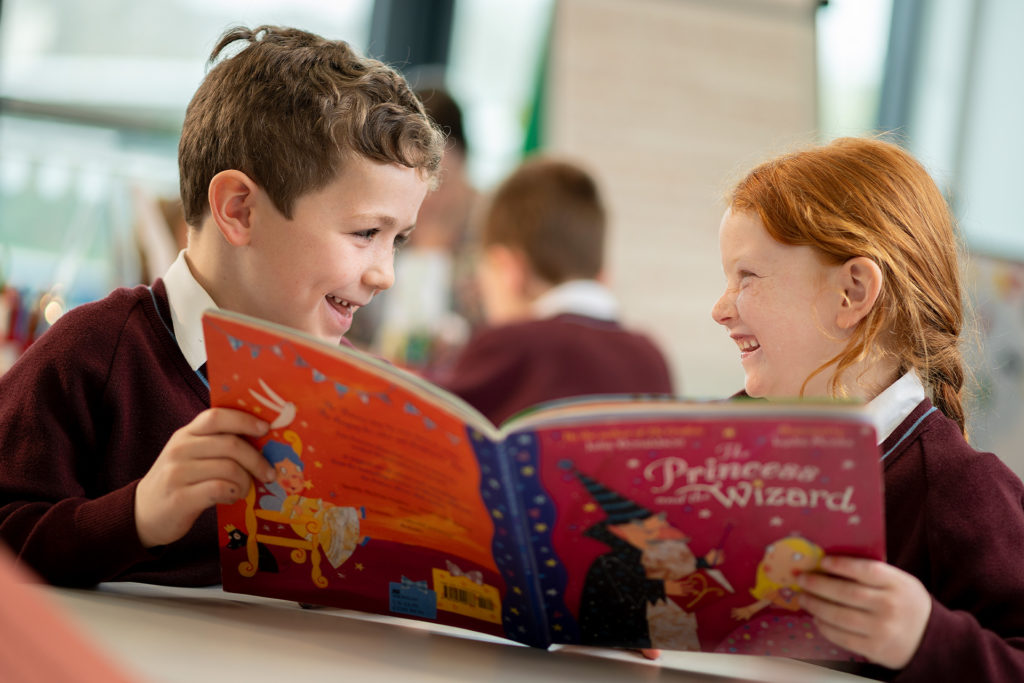
But it isn’t all a bleak picture, far from it! With this new World Book Day focus, the idea of ‘reading for pleasure’ has become a priority in the majority of English reading schemes, with teachers being encouraged to review their literary offering to ensure that it is fresh, modern, diverse and relevant to children growing up in a fast-paced multicultural society. They need to see that reading for the sheer enjoyment of it is essential to building positive mental health, slowing down the pace a little and being taken to a world outside the one they are in every day. There is a lot that can be done to encourage children to read for pleasure, not just for the sake of World Book Day, but throughout the academic year.
A helpful starting point is by sharing expertise and best practice with both teachers and parents. Schools should make the expectation clear in the early stages of the year what is needed at home from parents, outlining why it is so important and offering practical tips about how to fit daily reading into an already tight schedule. They also need to be taught the techniques for children who are still learning to decode words and those are not yet reading fluently. It should be embedded in any homework policy and teachers should also take an active role in hearing children read regularly to ensure there is ongoing communication between home and school as to how children are progressing. Having modern book lists available to parents is also helpful, as well as a rich and diverse selection of books available in school through class reading areas and school libraries.
Adults both in home and school should act as role models and demonstrate that they too read for pleasure. Children are inspired by those around them, and the only way to shift the idea that reading is for just school to the idea that reading is for pleasure, is to show that you yourself believe that to be true. Engage children in dialogue about what you are reading so they begin to see that it is a lifelong habit. Our teachers are sharing their ‘shelfies’ with pupils on World Book Day so they can see that the adults around them take an active interest in reading in their spare time.
Parents should try not to get too distracted and focused on reading for outcome or panicking too much about whether their child is consistently picking up the same genre of books. We are often asked by parents of young boys whether it is acceptable for their child to read comic books. The truth is, if your child is genuinely selecting reading material in order to read for pleasure, putting limitations on them will only hinder their progress and enjoyment. Encourage them to read a more challenging book alongside their preferred choice and read a few pages of each as a compromise.
In short, the best way to inspire a lifelong love of reading is to have that for yourself. Use World Book Day as a chance to pause and reflect on the pleasure that can be gained from curling up on the sofa and getting lost in another world – in seeing you do this as the person your child looks up to the most, you are laying the foundations for them of a future of curiosity, developing their imaginations and helping shape their young minds and identity.
See St Dunstan’s Juniors online listing here.


